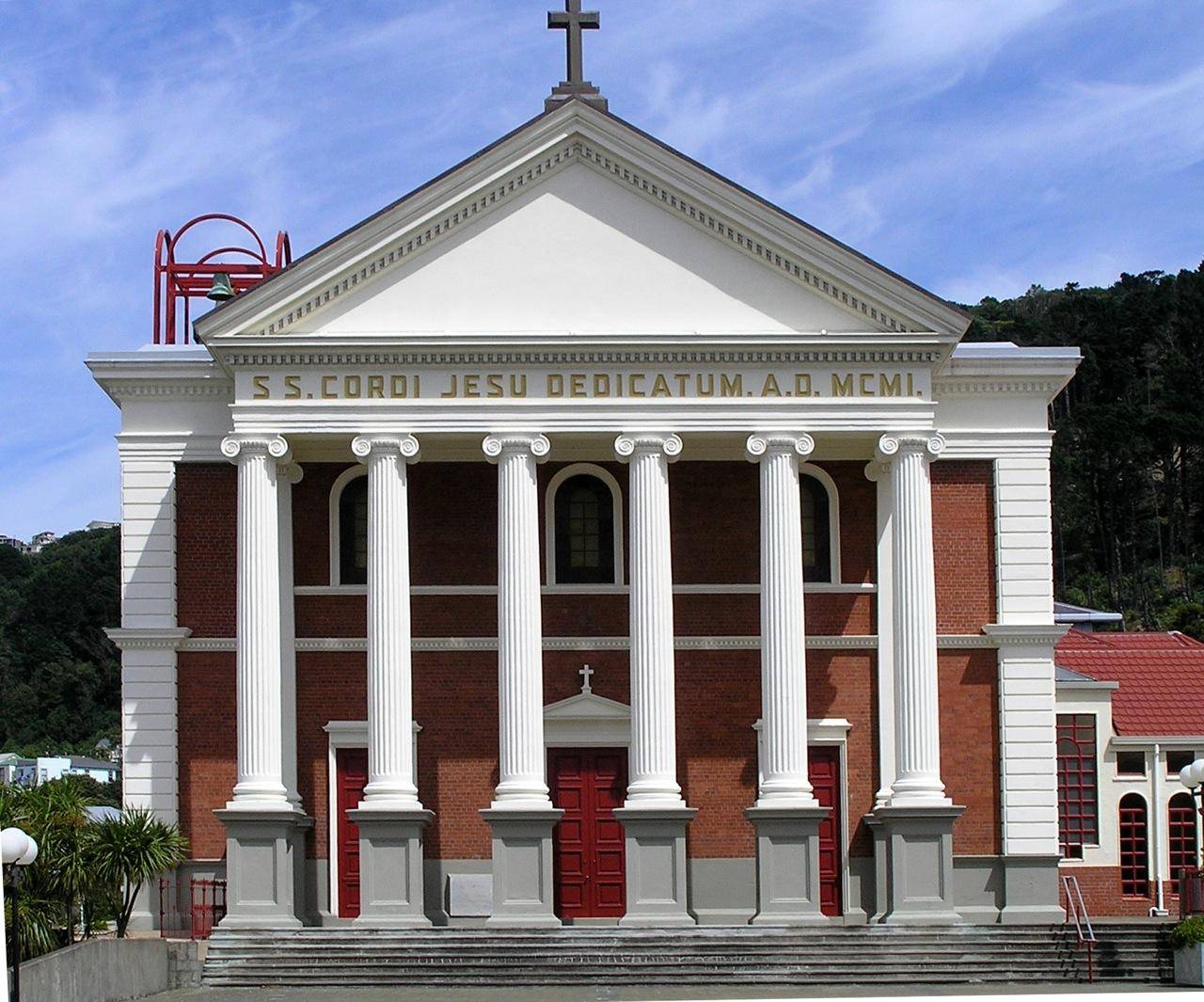SYDNEY — The Australian government said it will make changes to religious freedom legislation concerning religious hospitals and aged-care facilities, after the Catholic Church pushed for changes to a recently released draft legislation package.
The church’s concerns were outlined in submissions lodged with the federal government. Melbourne Archbishop Peter Comensoli, the Australian Catholic Bishops’ Conference spokesman on religious freedom, said the legislation required “some significant amendment.”
The bishops’ submission was heavily focused on getting health and aged-care services included in legislative exemptions that bestow special rights of hiring and firing for religious schools. The Catholic Church estimated in its submission that it provided about 10 percent of Australia’s health care services.
“This bill would provide important protection against discrimination on the grounds of religious belief or activity and a positive protection of our freedom to act in accordance with our religious faith, but excludes vital parts of the work of the church,” Comensoli said in an emailed statement.
“The government’s religious discrimination bill must protect the ability of churches and other religious groups to continue to serve the poor and sick through housing and supported accommodation, hospitals and aged care, soup vans, drop-in centers, providing food and clothing, and financial and emotional support,” he said.
He noted that Catholic hospitals and aged care are excluded from the legislation and should not be, because they are legitimate religious bodies that carry out a key mission of the church.
“We can only continue that work if we can employ staff who support our mission. Many of our staff may not share our religious faith, but they support the value of our mission to serve others,” he said.
Attorney General Christian Porter told public radio Oct. 14 that the government had held consultations because it did not have “the expertise to understand how religious aged care and hospitals work and what might be their requirements.” Now that the government has consulted with the church, he said he would make changes to the legislation that are not “at the margin, nor are they massive or substantial changes.”
Australia has more than 1,750 Catholic schools with more than 94,000 staff providing education to more than 765,000 Australian students, so the National Catholic Education Commission made its own submission to the government.
Laws concerning the dismissal of LGBT students and teachers are of particular concern to religious groups, including the Catholic Church, and are being examined by the Australian Law Reform Commission as part of the broader religious freedoms process. The National Catholic Education Commission said this should be dealt with in the religious freedom legislation, according to Melbourne’s “The Age” newspaper.
Still, many civil society and rights groups have warned in submissions against giving churches too many exemptions to existing anti-discrimination laws. The United Church has said that the draft legislation “leans too heavily in favor of religious freedom over other rights.”
Business groups also have criticized the proposed new laws, saying they would “increase conflict” in the workplace and would be unworkable and unfair. The proposed law makes it discriminatory for businesses with revenue above $50 million (US$33.8 million) to create employment requirements that would limit an employee’s ability to express their religious views, with some exceptions.
“The provisions of the bill, as drafted, would seriously impede the ability of employers to maintain appropriate standards of conduct and to protect their employees from harassment and discrimination,” the Australian Industry Group said in a submission.
Crux is dedicated to smart, wired and independent reporting on the Vatican and worldwide Catholic Church. That kind of reporting doesn’t come cheap, and we need your support. You can help Crux by giving a small amount monthly, or with a onetime gift. Please remember, Crux is a for-profit organization, so contributions are not tax-deductible.













